Understanding the Role of an Energy Expert Witness in Litigation – Guest Post
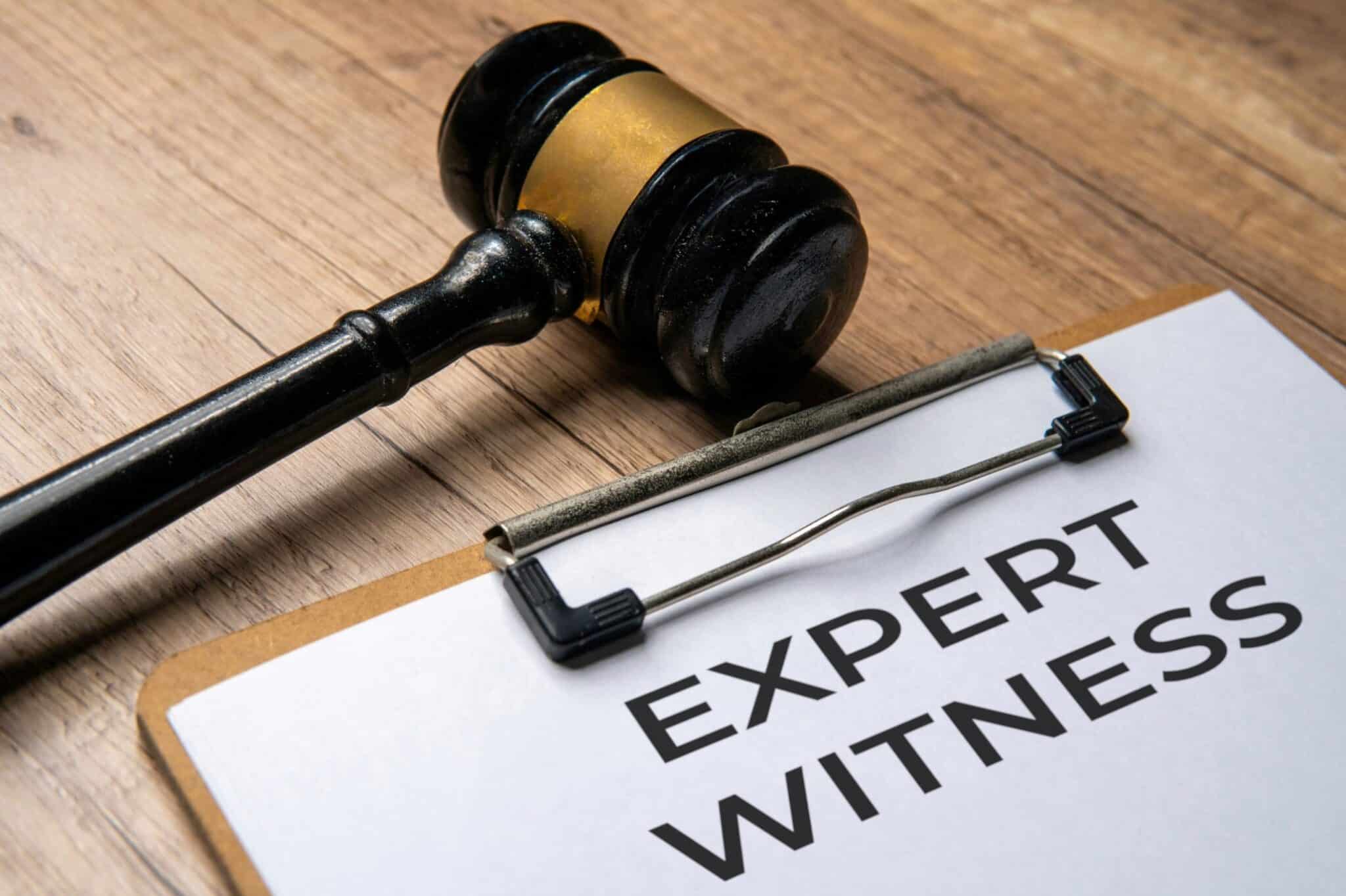
Energy controversies, such as those that surround utilities, power plants, energy agreements, and renewable technology, are usually complicated by technical and regulatory matters. In cases such as these, reaching the courtroom, it is the attorneys who call upon the services of specialists who are able to interpret and explain these complexities with accuracy and authority. This is where an energy expert witness becomes indispensable.
What Does an Energy Expert Witness Do?
In most court cases, technical data, industry standards, engineering principles, and regulatory compliance are put up as arguments. To help clarify these matters, attorneys bring in an energy expert witness who can objectively examine the case details and present informed, fact-based testimony. They are necessary in the litigation process since they make information that would be too technical to comprehend understandable to the judges and juries.
Offering Specialised Technical Analysis
An energy expert witness is responsible for examining the technical facts of a case and providing a detailed analysis based on industry knowledge. This can include the examination of engineering reports, operational data, environmental reviews, safety standards, and performance measurements. Since the process of energy production and distribution involves complex systems, i.e., the reliability of power grids, fuel efficiency, etc., a qualified expert will be able to locate where the failures have been identified, evaluate whether regulations have been adhered to, and whether the decisions made in the operation were reasonable.
Their examination tends to form the foundation of the argument made by an attorney in defending the allegation of negligence, non-compliance, or contract breach. In some other instances, the expert can be used to defend a firm, and he/she can demonstrate that the operations were at the required standards and there was no wrongdoing.
Evaluating Compliance and Regulatory Issues
There are tight regulations controlling energy systems depending on the geographical location and industry. Expert witnesses are quite conversant with these rules, such as those dealing with:
- Electrical grid standards
- Green certification of energy.
- Environmental and safety requirements.
- Permitting and zoning
- Pricing in the energy market.
One of the greatest tasks in litigation is whether the groups concerned fulfilled their regulatory obligations. To illustrate, in case a utility is suspected to have failed in the maintenance of its infrastructure, an expert can be in a position to assess whether the corporation adhered to the standards and best practices.
Assisting Attorneys in Case Strategy
In addition to testifying at court, the energy experts operate behind the scenes to assist the attorneys throughout the litigation. They can:
- Detect strong and weak points of the case.
- Help craft legal arguments
- Write questions to be used during depositions.
- Compare conflicting expert reports.
- Settlement Negotiation Advice.
A technical staff member interpreting technical data into an understandable, compelling knowledge is what makes them invaluable strategic advisors to legal teams.
Delivering Clear and Credible Courtroom Testimony
One of the most important responsibilities of an energy expert witness is to provide testimony in court, especially when serving as an energy regulatory expert witness. These include ensuring that they make their findings make sense to the layman. They need to simplify the engineering terms, operational procedures, and rules and regulations into simple terms without compromising on professionalism.
A good expert witness is credible in the face of a jury; he or she is a strong communicator and presents all statements with verifiable evidence. Their evidence has the potential to greatly impact the perception of the facts of the case by the judge or a jury.
Handling a Wide Range of Energy-Related Disputes
Numerous situations may result in energy litigation. The use of an expert witness can be in the following cases:
- Electricity blackouts or power failures.
- Controversies in the production of oil and gas.
- Malfunctions of renewable energy systems.
- Disagreements in energy contracts.
- Utility rate disputes
- Violation of the environment and safety.
- Installation failures or equipment design failures.
Every case should have a specific combination of technical skills and industry experience. It is for this reason that it is important to choose the appropriate expert to achieve a desirable result.
Sponsoring Mediation and Arbitration
Not every dispute on energy makes it to court. Most of them are settled on a mediation basis or arbitration, where the expert witness is also a significant factor. Their analysis will assist both parties in knowing the technical strengths of their claims, and settlement talks will be more fruitful and effective.
Conclusion
The energy litigation process is very technical, and it might include complicated engineering systems, regulatory procedures, and engineering standards. An energy expert witness provides the clarity needed to navigate these complexities. Their thorough analysis, regulatory knowledge, strategic assistance, and persuasive testimony assist lawyers in making good cases and make sure that no confusion, but facts guide the process.
These professionals are extremely important in settling conflicts fairly and effectively by explaining complex energy ideas in easy-to-understand terms that carry credibility.

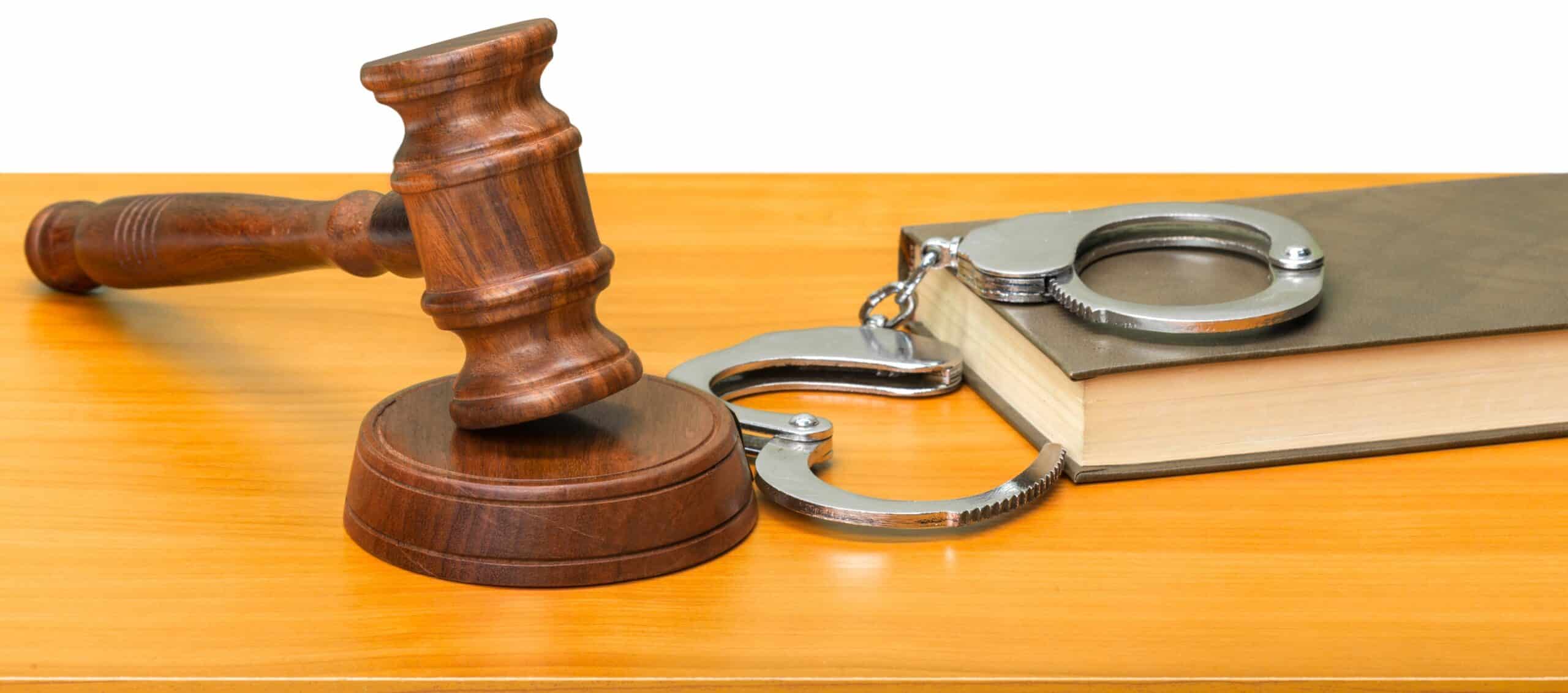

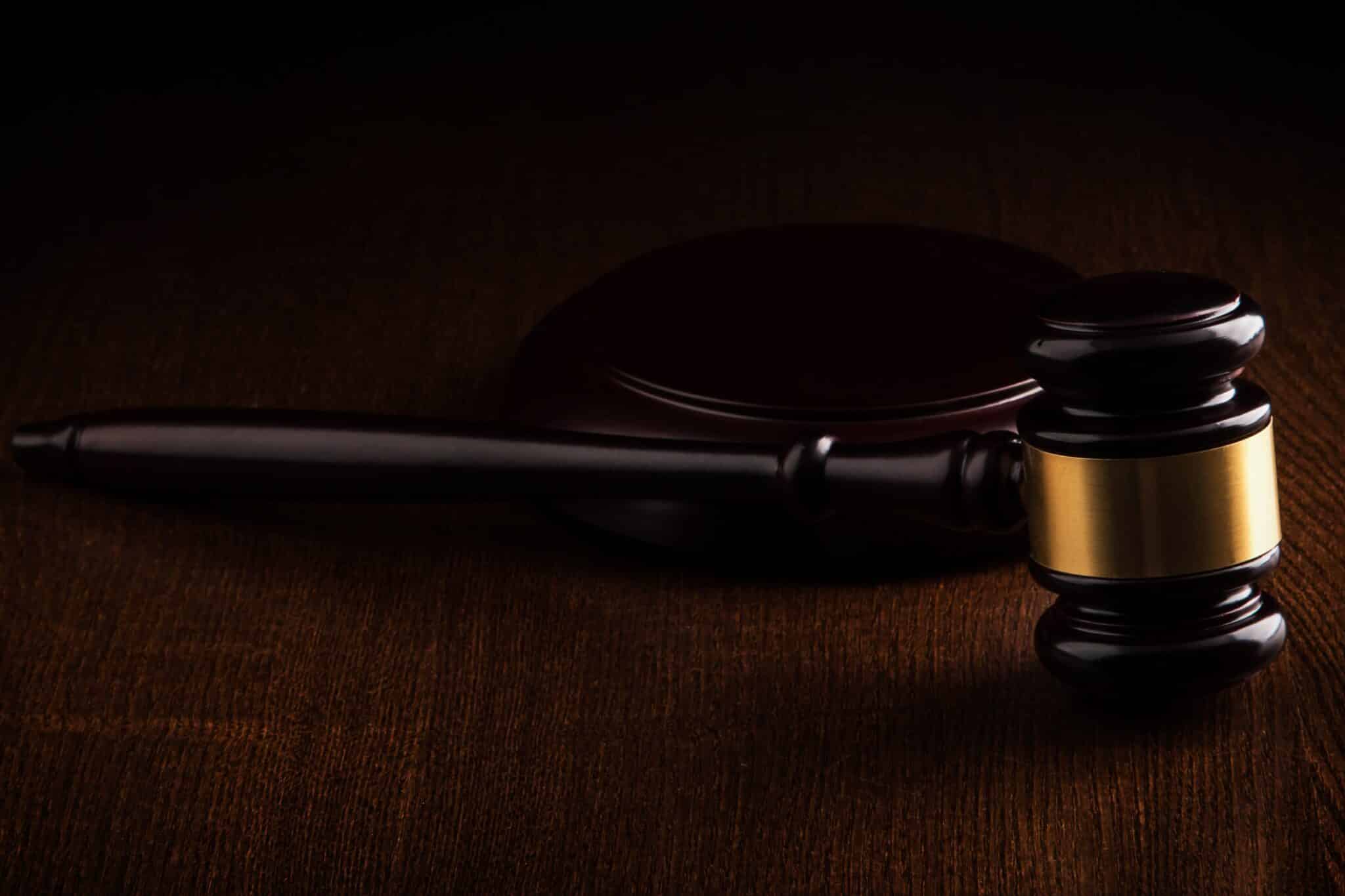

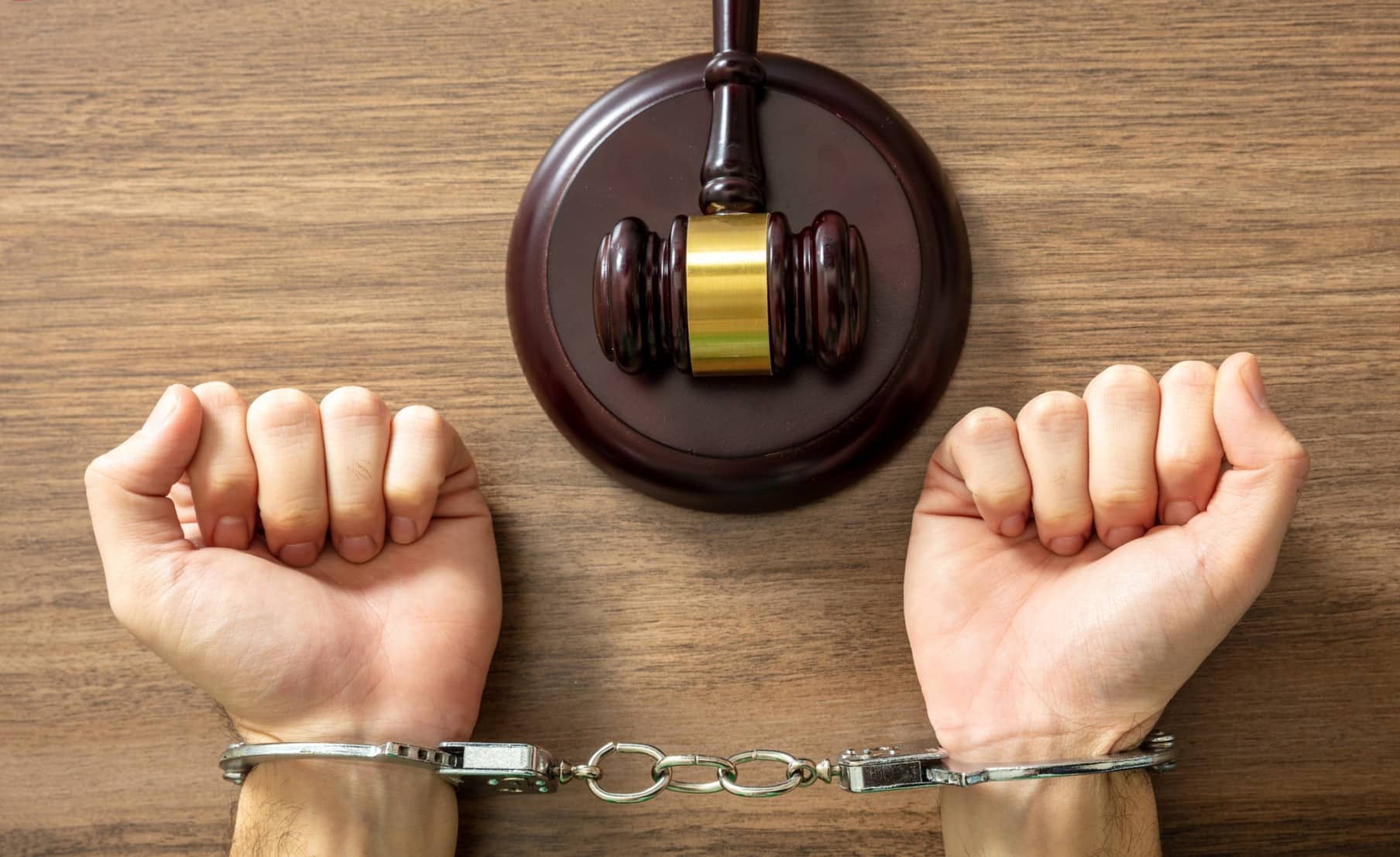
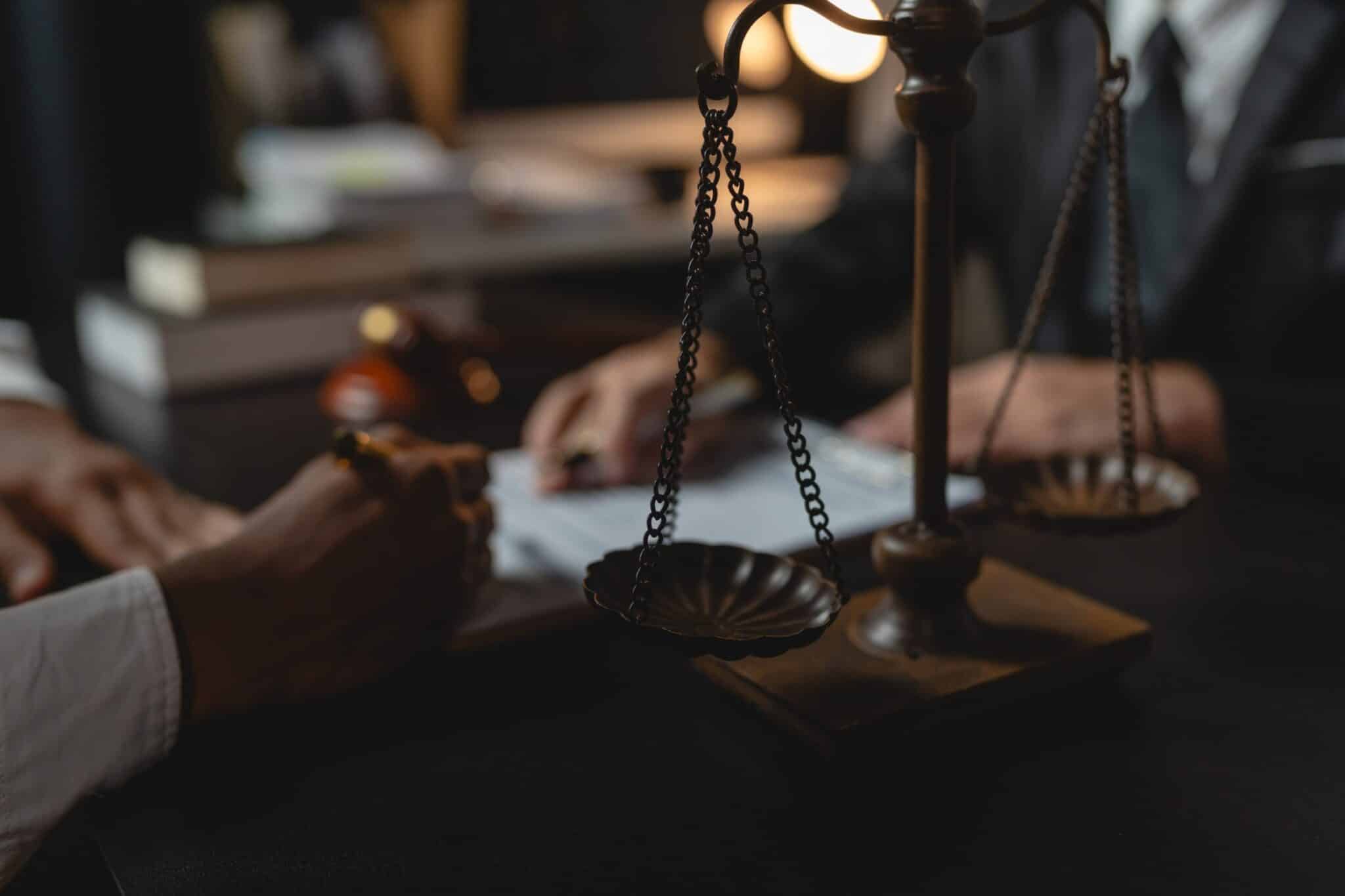
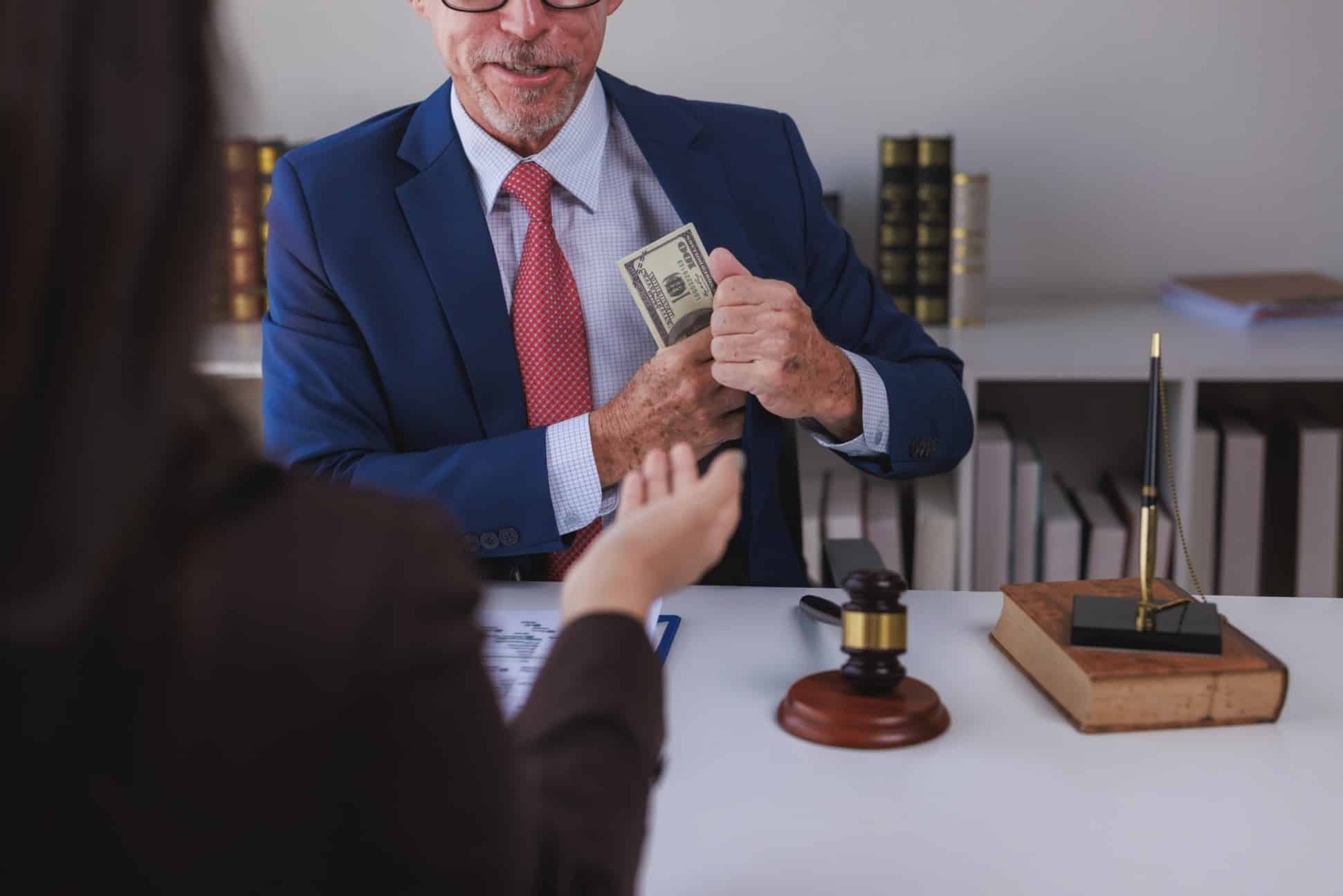

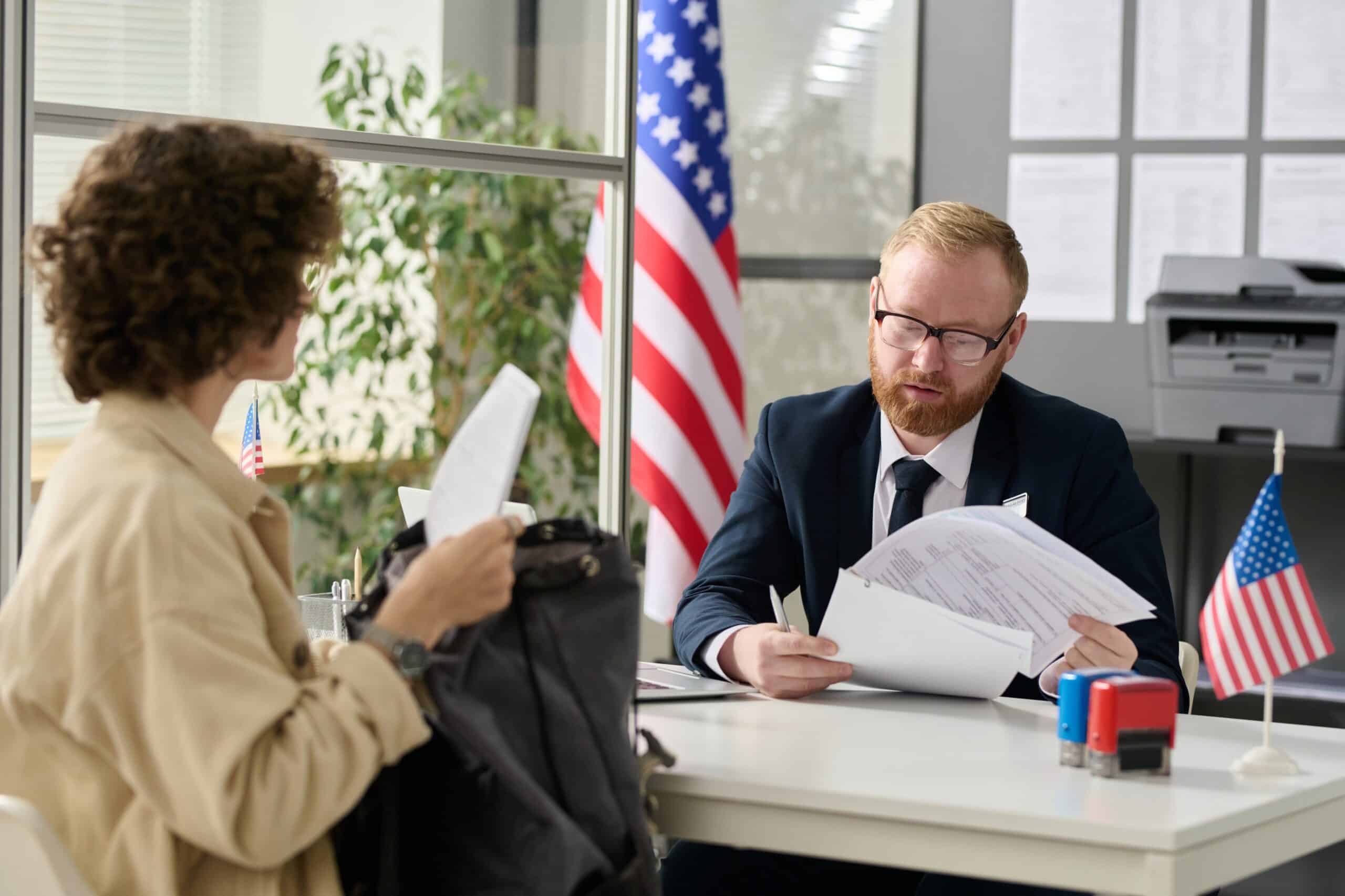


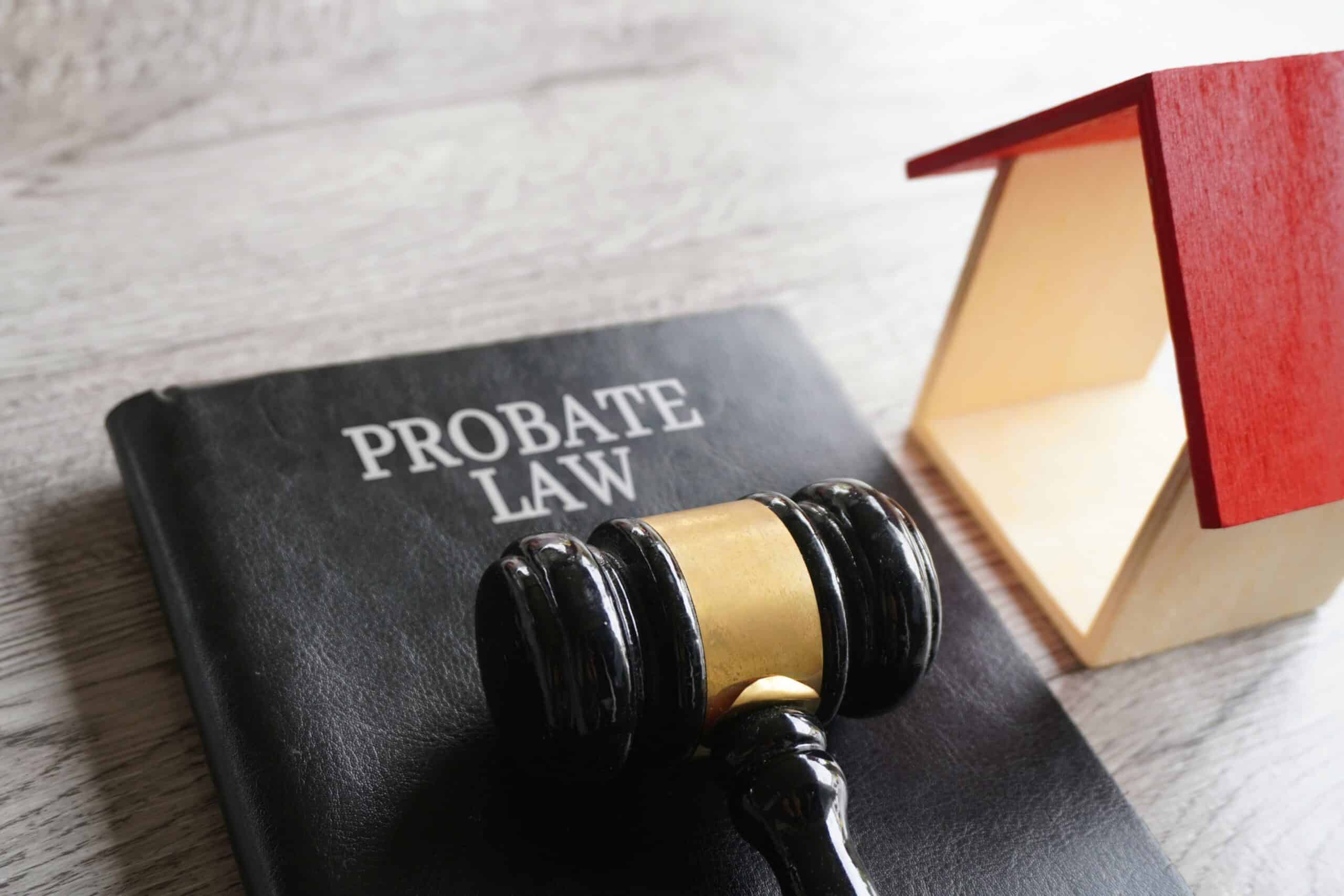

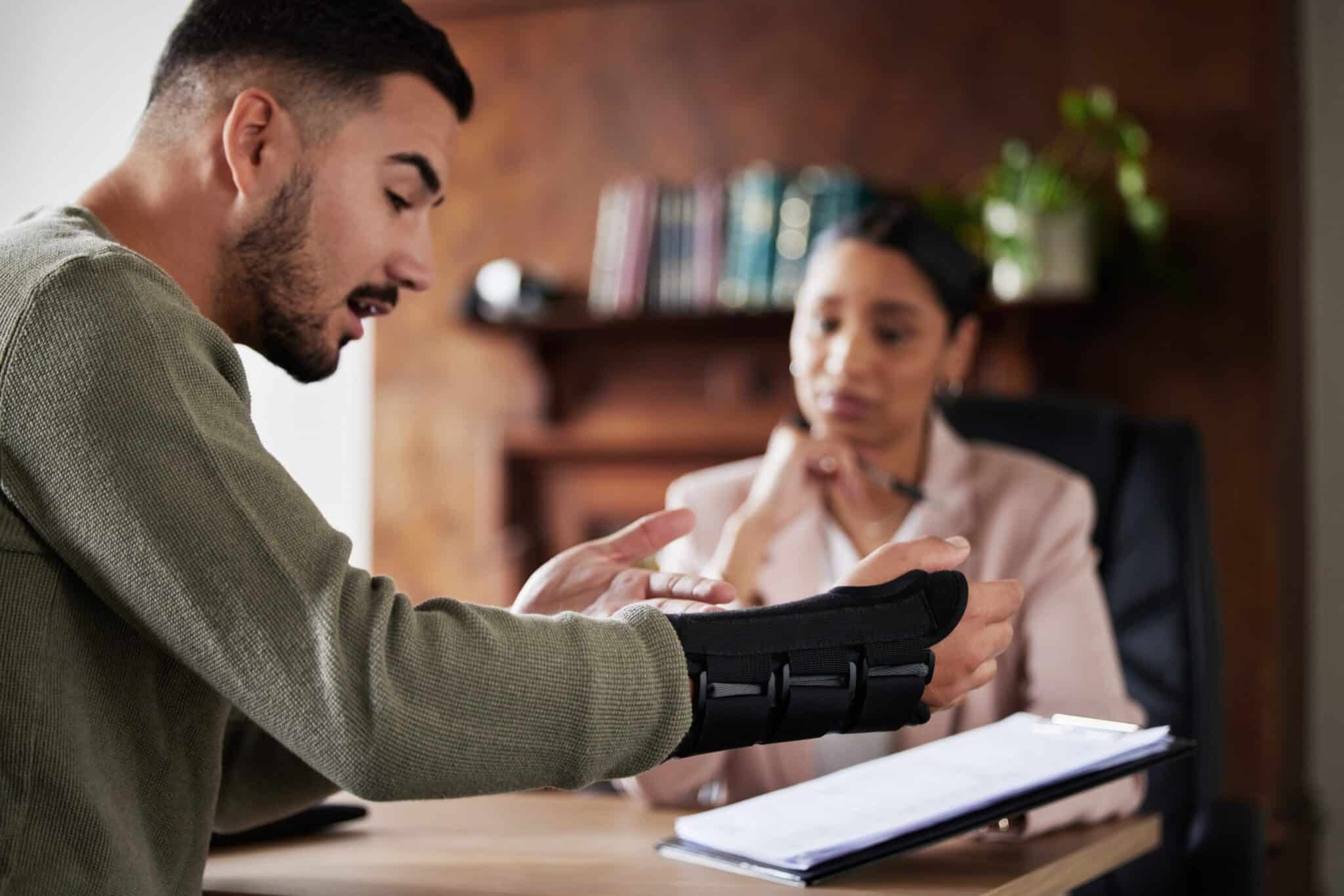
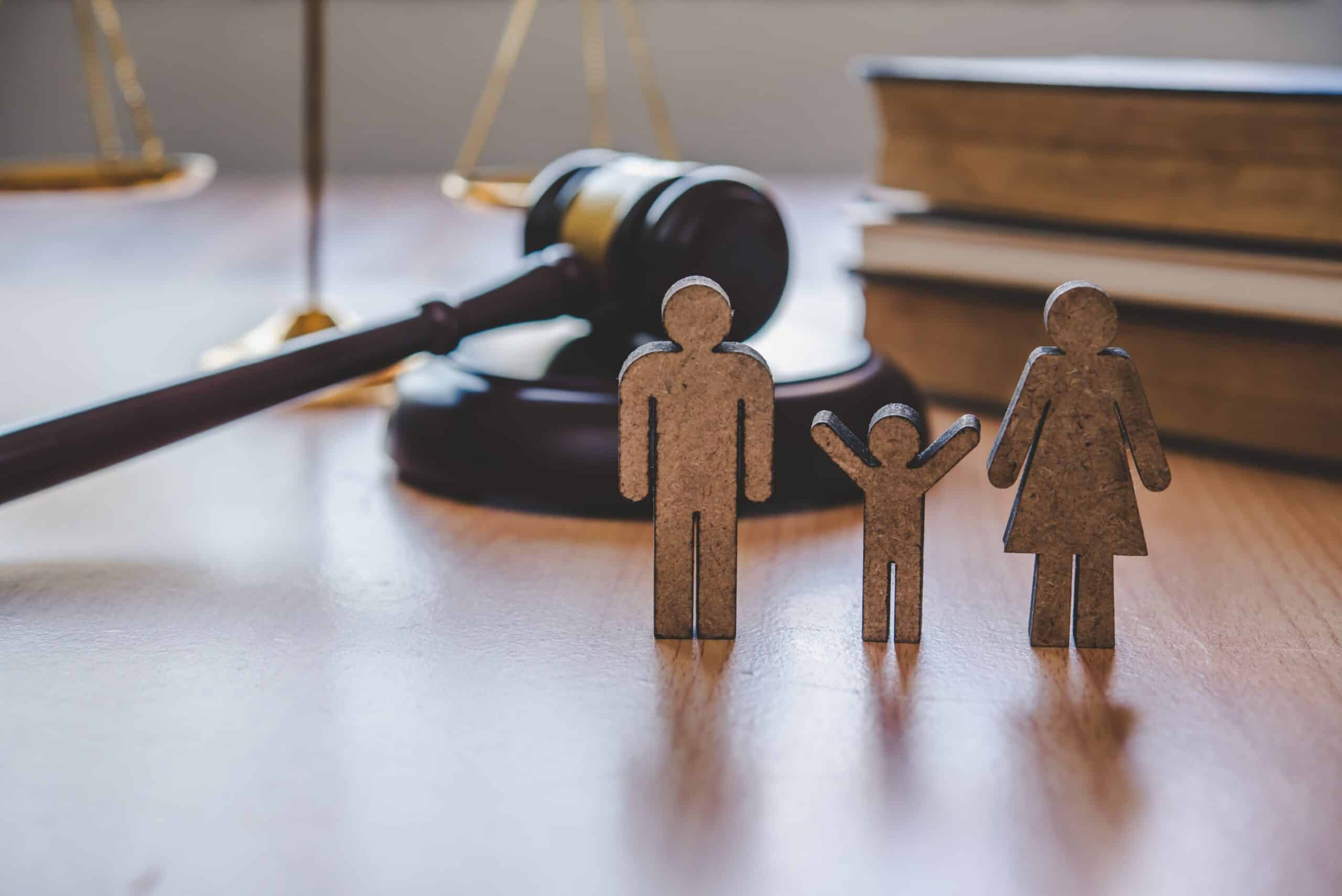

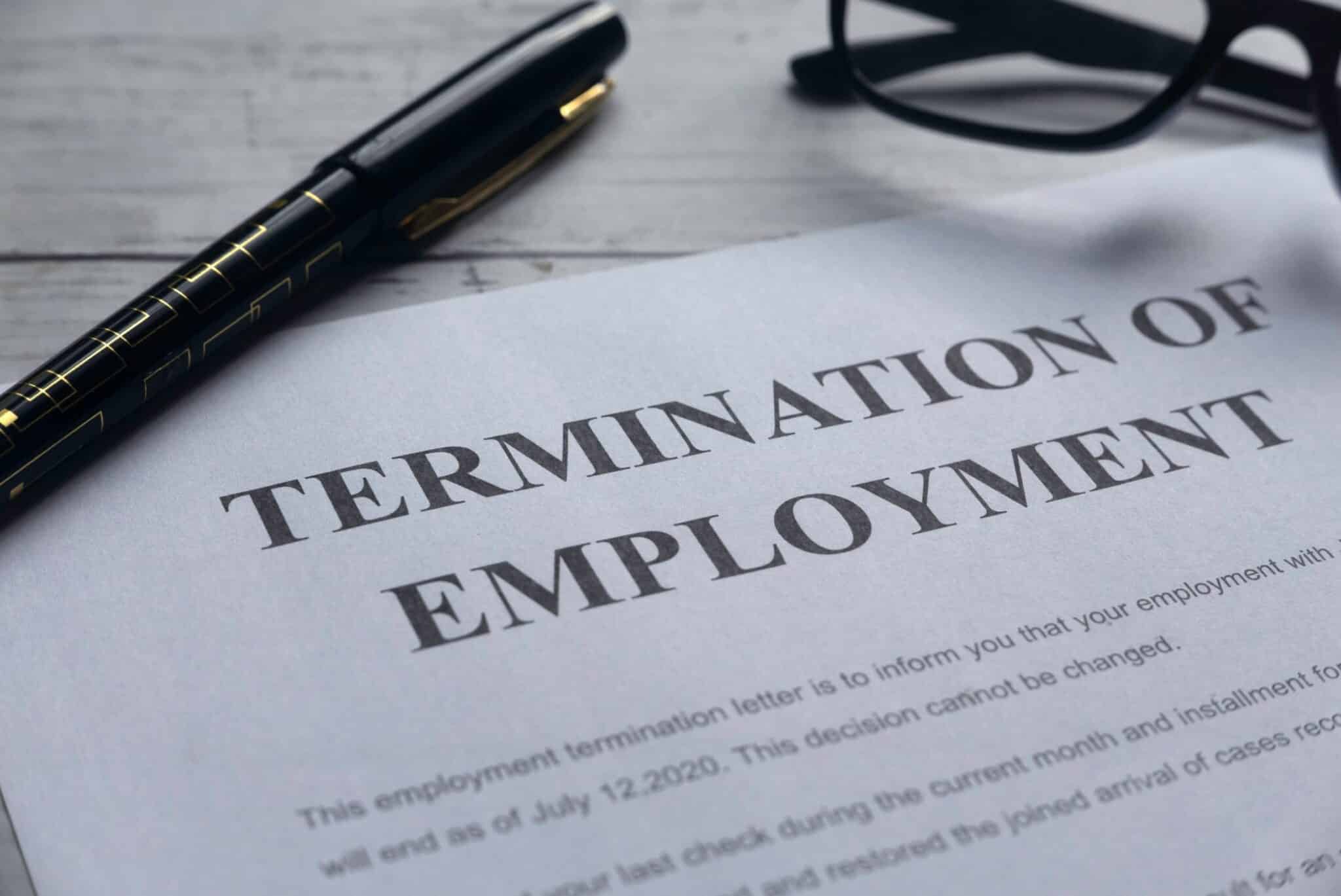

Recent Comments